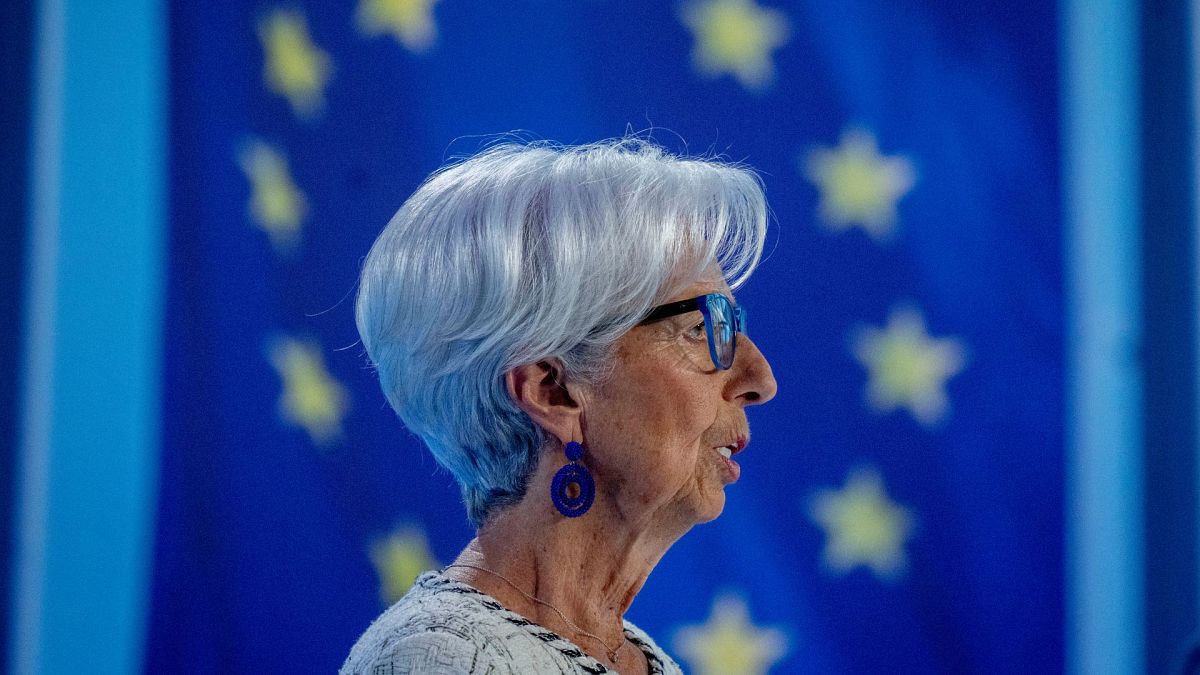The widespread application of the tax would particularly harm "credit institutions that have lower solvency positions or are more focused on lending activity ... or have challenging capital projections," according to the ECB.
The European Central Bank (ECB) has criticised Italy's plan to hit banks with a windall tax because it would harm financial institutions particularly vulnerable to economic shocks.
The amount of this one-off "extraordinary tax" to be paid during the year 2024 "might not be commensurate with the longer-term profitability of a credit institution and its capital generation capacity," the ECB said in a legal opinion published on Wednesday.
The widespread application of the tax would particularly harm "credit institutions that have lower solvency positions or are more focused on lending activity ... or have challenging capital projections," according to the ECB.
These banks could be less able to absorb the potential adverse effects of an economic downturn, it added.
Prime Minister Giorgia Meloni's government surprised everyone this summer by announcing its intention to levy a 40% tax on the billions of euros in bank "surplus profits" generated by the ECB's interest rate hikes, in order to offset the costs incurred by households and corporate borrowers as a result.
After a panic that sent bank shares plummeting on the Milan stock exchange, the financial sector was somewhat reassured by the announcement of a tax ceiling, with the government assuring that the contribution could not "exceed 0.1% of a bank's total assets".
While the ECB has taken note of the amendment, it is generally critical of a plan that surprised many and created uncertainty that is likely to scare off future investors.
This could weaken Italy's financial hand, which is already in a rough state.
Rome needs to carry out an "in-depth analysis" of the "potential negative consequences of the windfall tax for the banking sector", concludes the ECB.
Economy minister Giancarlo Giorgetti promised major adjustments and a balancing of the tax. While admitting that there had been some issues in communication, he nevertheless insisted that the tax was "fair".
The ECB made similar criticisms at the end of 2022 of the Spanish tax on banks planned for 2023 and 2024.



